best solar-powered lights for government projects | Quenenglighting Expert Guide
<h2>Navigating the Best Solar-Powered Lights for Government Projects</h2><p>For government entities, the transition to solar-powered lighting is no longer just an environmental aspiration but a practical, cost-effective necessity for urban and rural infrastructure. From streetlights and park illumination to security lighting for public facilities, solar solutions offer independence from the grid, reduced operational costs, and a smaller carbon footprint. However, selecting the 'best' for public projects requires a deep understanding of technical specifications, long-term value, and compliance.</p><h3>What are the Critical Performance Metrics and Certifications for Solar Lights in Government Applications?</h3><p>When evaluating solar-powered lights for government projects, performance is paramount. Key metrics and certifications ensure reliability, safety, and longevity:</p><ul> <li><strong>Luminous Efficacy (Lumens per Watt):</strong> Indicates how efficiently the light source produces visible light. For street lighting, brightness often ranges from <strong>5,000 to 20,000+ lumens</strong>, depending on application (e.g., pedestrian paths vs. major roadways).</li> <li><strong>Color Temperature (CCT):</strong> Measured in Kelvin (K). Public lighting often uses <strong>3000K-5000K</strong> to balance visibility and environmental impact (e.g., Dark Sky compliance often favors warmer temperatures).</li> <li><strong>Ingress Protection (IP) Rating:</strong> Critical for outdoor fixtures, indicating resistance to dust and water. A minimum of <strong>IP65 or IP66</strong> is recommended for robust protection against harsh weather.</li> <li><strong>Illuminance Uniformity and Glare Control:</strong> Adherence to standards like <strong>IESNA RP-8-14</strong> (Recommended Practice for Design and Maintenance of Roadway Lighting) ensures consistent light distribution and minimizes discomfort or disability glare for drivers and pedestrians.</li> <li><strong>Certifications:</strong> Look for international standards like <strong>CE, RoHS, FCC, UL, and TUV</strong>, which attest to product safety, quality, and environmental compliance.</li> <li><strong>Wind Load Resistance:</strong> Essential for structural integrity, especially for pole-mounted systems in areas prone to strong winds.</li></ul><h3>How Do Solar-Powered Lights Offer Long-Term Cost Savings Compared to Traditional Grid-Tied Lighting for Public Infrastructure?</h3><p>The financial benefits of solar lighting extend far beyond the initial purchase price, offering significant long-term savings for government budgets:</p><ul> <li><strong>Zero Electricity Bills:</strong> This is the most immediate and substantial saving. Over a <strong>20-25 year lifespan</strong> of a solar lighting system (matching the typical warranty of solar panels), the cumulative savings on electricity can be enormous.</li> <li><strong>Reduced Installation Costs:</strong> Solar lights eliminate the need for extensive trenching, cabling, and grid connections. This can lead to installation cost reductions of <strong>30% to 50% or more</strong>, especially in remote areas or locations with complex underground infrastructure.</li> <li><strong>Lower Maintenance:</strong> Modern solar lighting systems, particularly those with LiFePO4 batteries and durable LED fixtures, require minimal maintenance. While battery replacement may be needed every <strong>5-10 years</strong>, it's far less frequent and costly than maintaining traditional electrical infrastructure.</li> <li><strong>Eligibility for Grants & Incentives:</strong> Many governments offer grants, tax credits, or other incentives for renewable energy projects, further reducing the net upfront cost and improving Return on Investment (ROI).</li> <li><strong>Predictable Costs:</strong> Unlike fluctuating electricity prices, the 'fuel' for solar lights (sunlight) is free, providing cost predictability over the system's lifetime.</li></ul><h3>What are the Best Battery and Solar Panel Technologies for Maximum Longevity and Reliability in Government Solar Lighting Projects?</h3><p>The heart of a reliable solar lighting system lies in its energy storage and generation components:</p><ul> <li><strong>Batteries:</strong> <strong>Lithium Iron Phosphate (LiFePO4) batteries</strong> are the gold standard for solar lighting. They offer: <ul> <li><strong>Longer Cycle Life:</strong> Typically <strong>2,000 to 4,000+ charge/discharge cycles</strong>, translating to a 5-10 year lifespan.</li> <li><strong>Superior Temperature Performance:</strong> More stable and efficient across a wider temperature range than lead-acid batteries.</li> <li><strong>Higher Energy Density:</strong> Lighter and more compact for easier integration.</li> <li><strong>Enhanced Safety:</strong> Less prone to thermal runaway compared to other lithium-ion chemistries.</li> </ul> </li> <li><strong>Solar Panels:</strong> <strong>Monocrystalline silicon solar panels</strong> are preferred for their higher efficiency, typically ranging from <strong>18% to 22%</strong>. They perform better in low-light conditions and have a lifespan of <strong>20-25 years or more</strong>, aligning with the expected operational life of public infrastructure.</li> <li><strong>Charge Controllers:</strong> <strong>Maximum Power Point Tracking (MPPT) controllers</strong> are essential. They optimize the power output from the solar panel to the battery, improving charging efficiency by <strong>15-30%</strong> compared to simpler PWM (Pulse Width Modulation) controllers, especially critical during cloudy days or seasonal variations.</li></ul><h3>How Do Solar Lighting Solutions Contribute to Public Safety and Environmental Sustainability Goals for Government Entities?</h3><p>Beyond cost savings, solar lighting systems offer significant contributions to broader governmental objectives:</p><ul> <li><strong>Enhanced Public Safety:</strong> Well-lit public spaces deter crime, improve visibility for pedestrians and drivers, and reduce accidents. Reliable solar lighting ensures illumination even during grid outages, maintaining critical safety infrastructure.</li> <li><strong>Reduced Carbon Emissions:</strong> By harnessing renewable energy, solar lights significantly reduce a city's or region's carbon footprint. A single solar streetlight can offset several tons of CO2 over its lifespan, contributing directly to climate action goals and commitments.</li> <li><strong>Reduced Light Pollution:</strong> Modern solar light designs often incorporate shields and precise optics to direct light downwards, minimizing sky glow and adhering to 'Dark Sky' initiatives, which protect nocturnal environments and astronomical observation.</li> <li><strong>Decentralized Energy Infrastructure:</strong> Solar lights operate independently, making communities more resilient to grid failures and natural disasters. This distributed energy approach enhances energy security.</li> <li><strong>Meeting Sustainability Mandates:</strong> Many government bodies have mandates for renewable energy adoption and sustainability targets. Solar lighting projects are tangible demonstrations of these commitments, enhancing public image and achieving compliance.</li></ul><h3>What Specific Considerations are Crucial for the Installation and Maintenance of Solar Lighting Systems in Diverse Public Environments?</h3><p>Successful deployment of solar lighting in public spaces requires careful planning for installation and ongoing upkeep:</p><ul> <li><strong>Solar Insolation Assessment:</strong> A thorough site analysis to determine average daily peak sun hours is crucial for accurate system sizing, ensuring the light has sufficient power autonomy even during prolonged cloudy periods.</li> <li><strong>Pole Height and Spacing:</strong> Proper photometric planning ensures uniform illumination across the intended area. This involves calculating optimal pole height, spacing, and luminaire tilt based on light spread patterns and IESNA recommendations.</li> <li><strong>Vandalism Resistance:</strong> For public installations, robust materials (e.g., die-cast aluminum, tempered glass), anti-theft designs, and secure mounting mechanisms are essential to protect components.</li> <li><strong>Accessibility for Maintenance:</strong> While low-maintenance, components like batteries will eventually need replacement. Designs that allow for easy, safe access to the battery compartment (often at eye level or within the pole) simplify future servicing.</li> <li><strong>Remote Monitoring & Management:</strong> Advanced systems offer remote monitoring capabilities (via IoT platforms or cellular networks), allowing facility managers to check battery status, solar panel performance, and light operation from a central location, facilitating proactive maintenance.</li> <li><strong>Routine Cleaning:</strong> Periodic cleaning (e.g., annually) of solar panels is recommended to remove dust, dirt, or bird droppings that can reduce energy harvesting efficiency.</li></ul><p><strong>Quenenglighting's Advantage in Government Projects:</strong></p><p>For government projects demanding reliability, performance, and long-term value, Quenenglighting offers robust solutions tailored to public sector needs. We specialize in high-efficiency solar streetlights and integrated systems featuring top-tier monocrystalline solar panels (21%+ efficiency), long-life LiFePO4 batteries (rated for 4,000+ cycles), and intelligent MPPT controllers. Our products meet international certifications (CE, RoHS, IP66) and are engineered for extreme weather conditions and heavy-duty public use. With customizable photometric designs, remote monitoring capabilities, and a proven track record in large-scale infrastructure projects, Quenenglighting ensures sustainable, cost-effective, and low-maintenance lighting solutions that enhance public safety and support your community's green initiatives. Partner with us for reliable, durable, and smart solar lighting that stands the test of time and public scrutiny.</p>
Have more questions about our products or services?
The latest hot news you might like
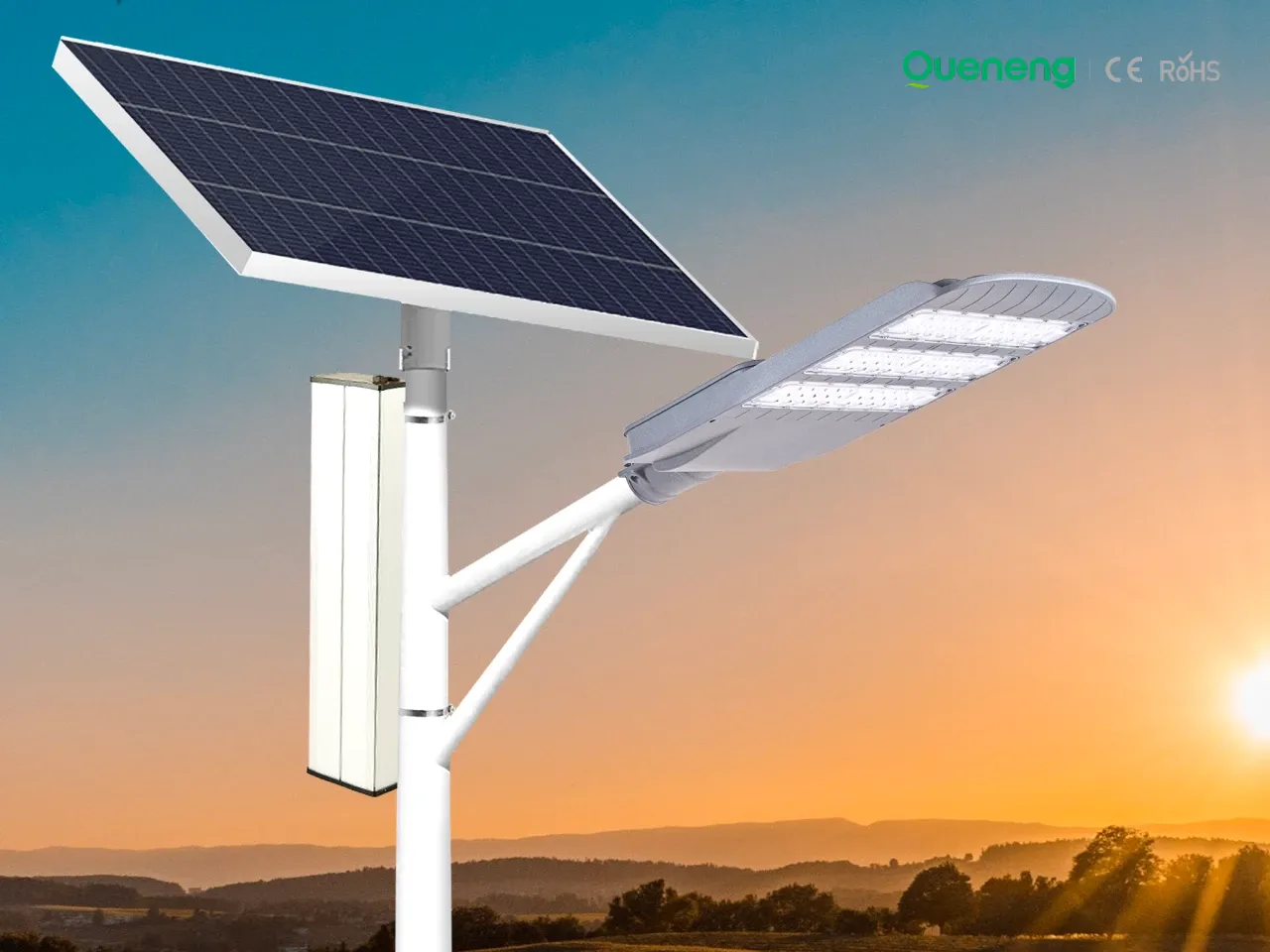

A comprehensive 2026 guide to solar street light pricing. Covers commercial installation costs, LiFePO₄ battery trends, smart IoT features, and a detailed ROI comparison against traditional grid lighting.

A comprehensive 2026 outlook on integrated solar street lights, featuring performance benchmarks like bifacial panels, LiFePO₄ batteries, and Smart City IoT integration for maximum ROI.

Discover how solar panels power street lights, exploring the technology behind solar energy conversion, storage systems, and how solar-powered street lights are revolutionizing urban and rural lighting solutions.
FAQ
Solar Street Light Luyan
What types of batteries are used in Luyan solar street lights, and how do they work?
Luyan solar street lights use high-quality lithium-ion batteries. These batteries store the solar energy captured during the day and provide reliable illumination at night. Lithium-ion batteries are known for their longer lifespan, faster charging times, and better energy storage compared to traditional lead-acid batteries.
How do Luyan solar street lights reduce environmental impact?
Luyan solar street lights are an eco-friendly lighting solution because they use solar power, a renewable energy source, to generate electricity. By relying on solar energy, they eliminate the need for grid electricity, helping to reduce carbon emissions and decrease the overall carbon footprint. Additionally, the energy-efficient LED lights consume less power, ensuring that the system uses minimal energy while providing bright, reliable illumination.
Schools and Educational Institutions
How are the solar lights maintained?
Solar lights require minimal maintenance, typically only occasional cleaning of the solar panels and checking the battery and light functions.
Municipal and Public Infrastructure
How long do solar streetlights last?
Our solar streetlights typically last for 5-10 years with minimal maintenance.
Remote Areas Rural Development
Can solar streetlights integrate with smart technologies like remote monitoring?
Yes, our systems can include IoT features for real-time monitoring and control.
Battery and Analysis
Can a rechargeable 1.2V portable battery be used instead of a 1.5V alkaline manganese battery?

The Solar Streetlights of Luhao for Municipalities are designed to deliver reliable, energy-efficient, and cost-effective public lighting solutions. Equipped with advanced LED technology, durable lithium batteries, and high-efficiency solar panels, these streetlights provide consistent illumination for roads, parks, residential areas, and government projects.
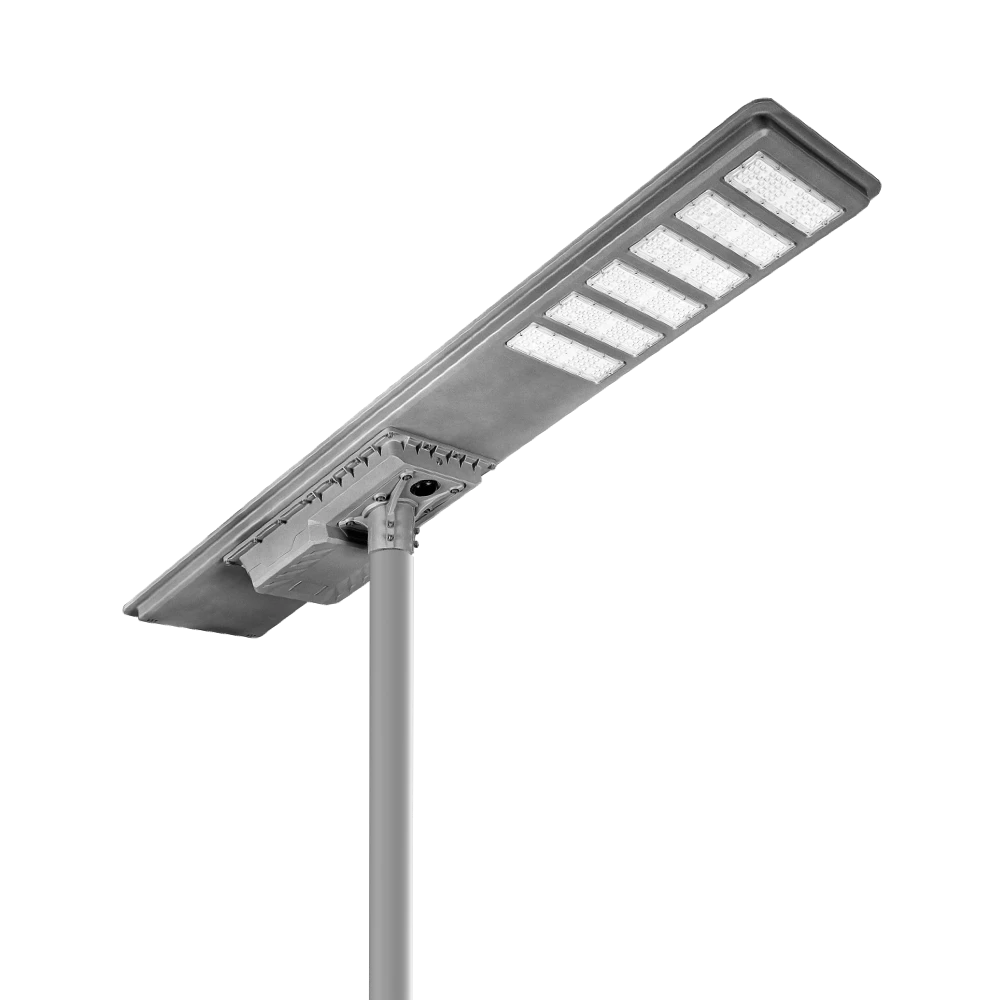
Queneng's Luqiu Innovative Solar Street Light offers energy-saving, durable outdoor lighting. This solar power street light provides a reliable and eco-friendly solution for illuminating your streets and pathways.
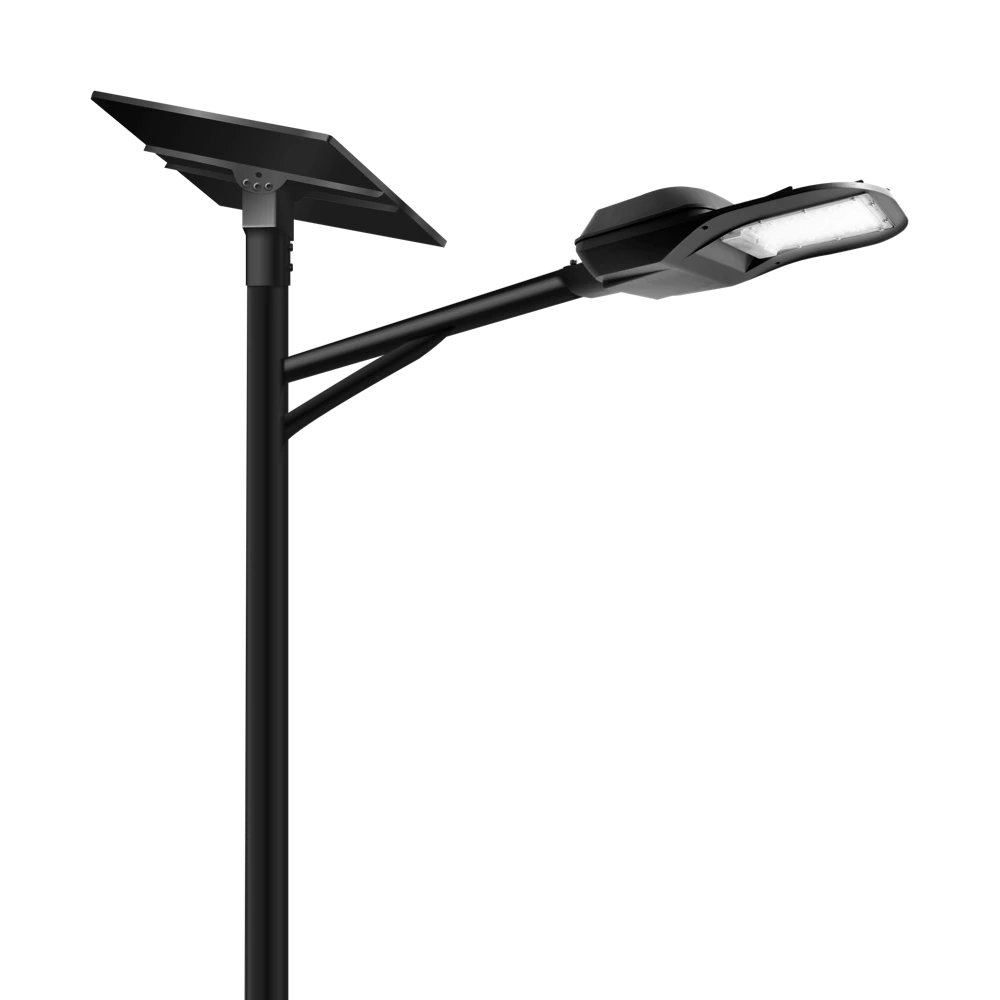

Lubai is an integrated solar street light designed for stable, long‑term outdoor lighting in off‑grid and weak‑grid areas. Combining a high‑efficiency solar panel, LiFePO₄ battery, and intelligent motion sensing, Lubai delivers reliable illumination with low maintenance and fast installation.
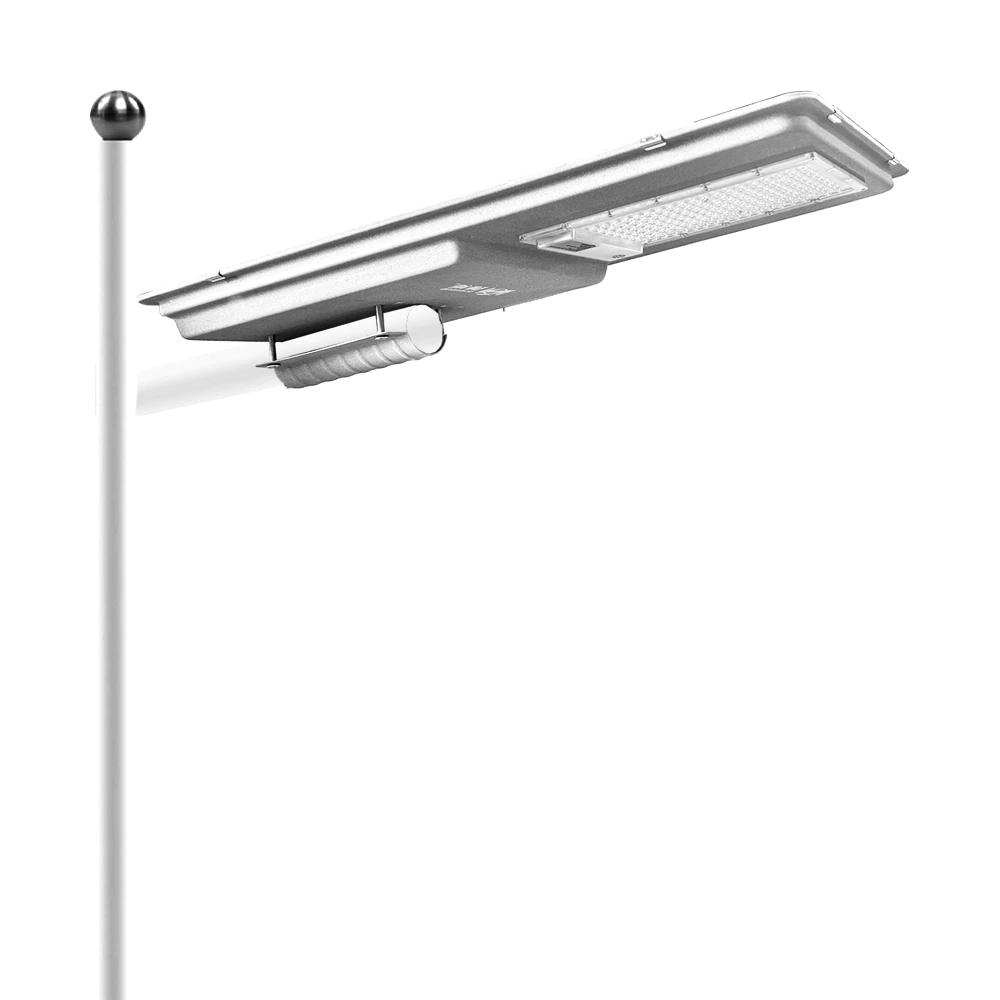
Queneng's Lufa high-efficiency solar LED street lights illuminate urban and commercial spaces brilliantly. These commercial solar LED street lights offer superior energy savings and reliable performance, making them an ideal sustainable lighting solution.
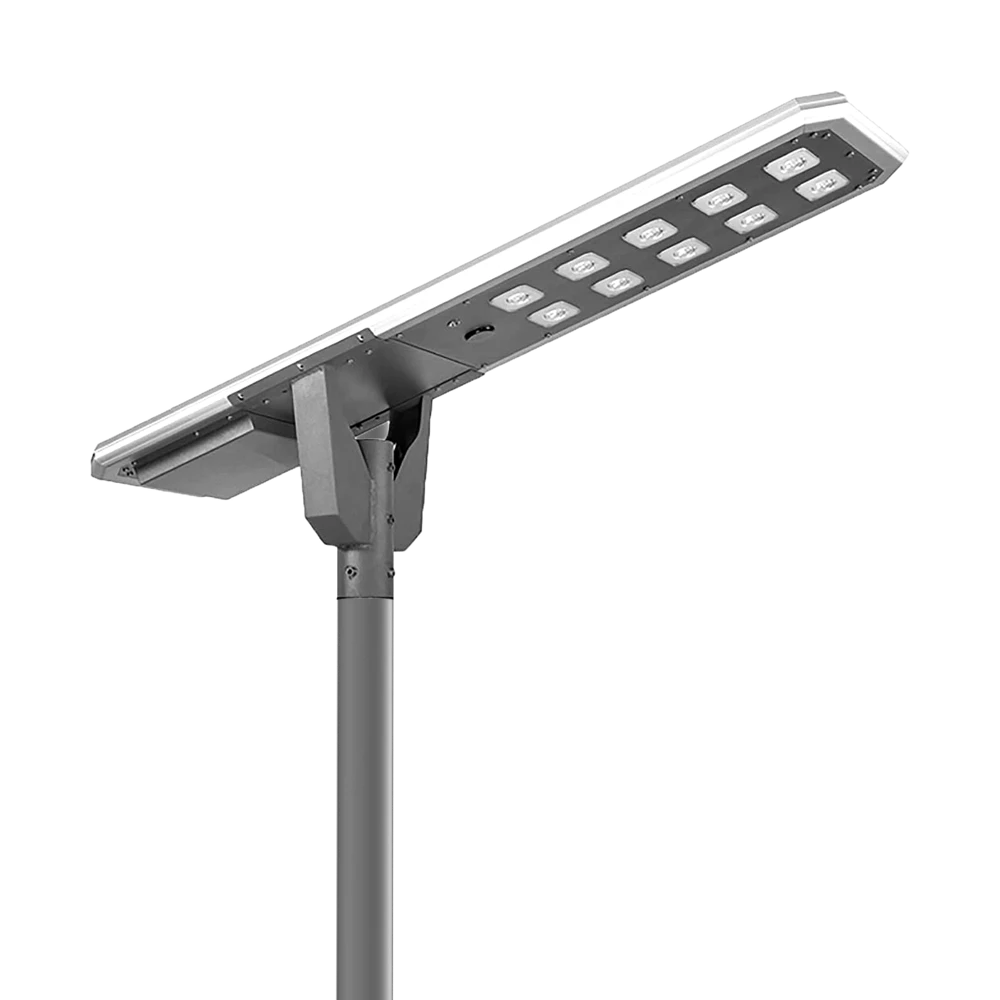
Illuminate your outdoor spaces with the Solar Street Light, a cutting-edge solution combining advanced solar technology and energy-saving LED lighting.
If you would like more information about Queneng solar lighting solutions, please send us a message by filling out the form below. Our professional team will get back to you within 24 hours!
Rest assured that your privacy is important to us, and all information provided will be handled with the utmost confidentiality.
Schedule a Meeting

Book a date and time that is convenient for you and conduct the session in advance.
Have more questions about our products or services?





















